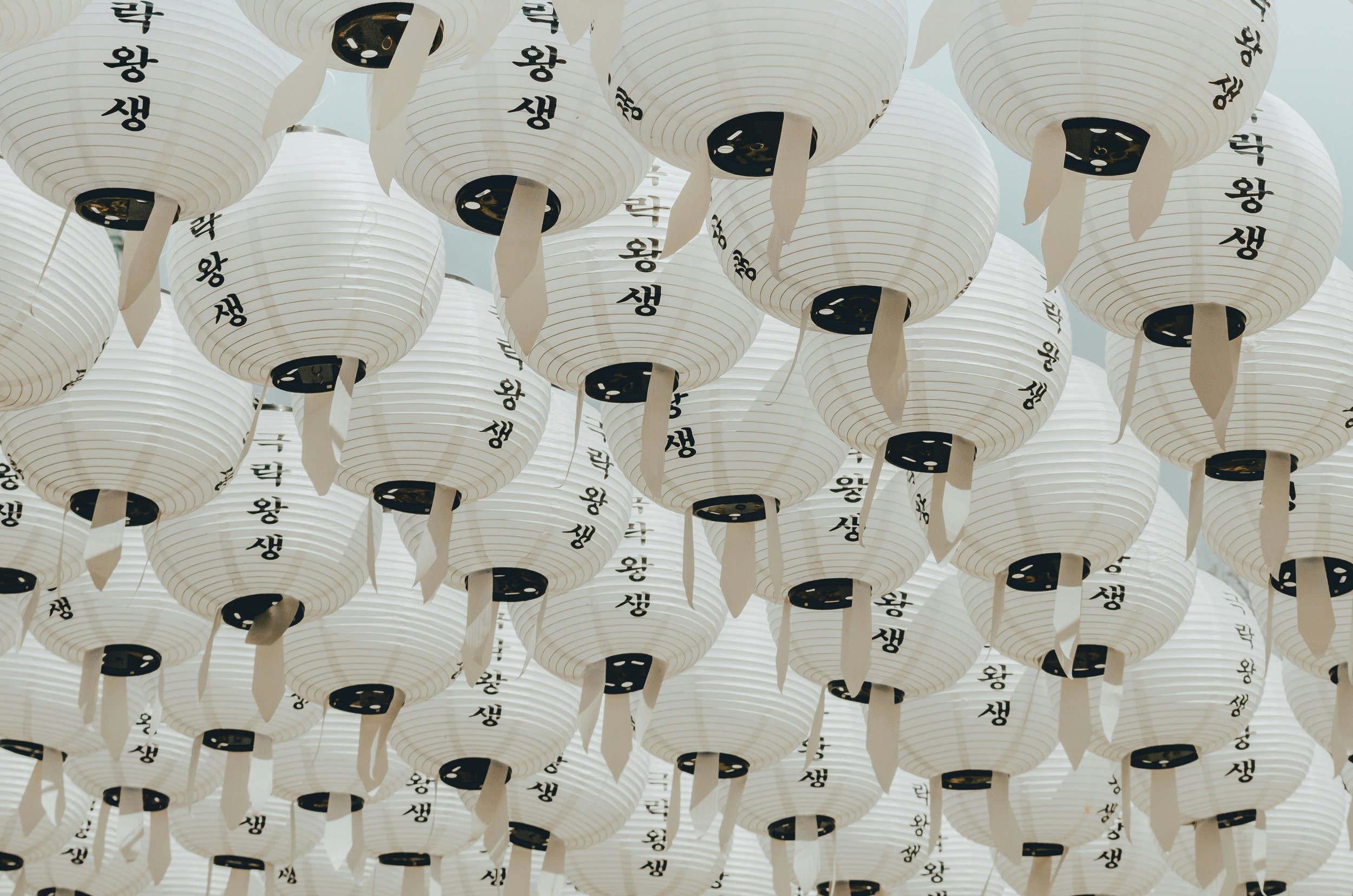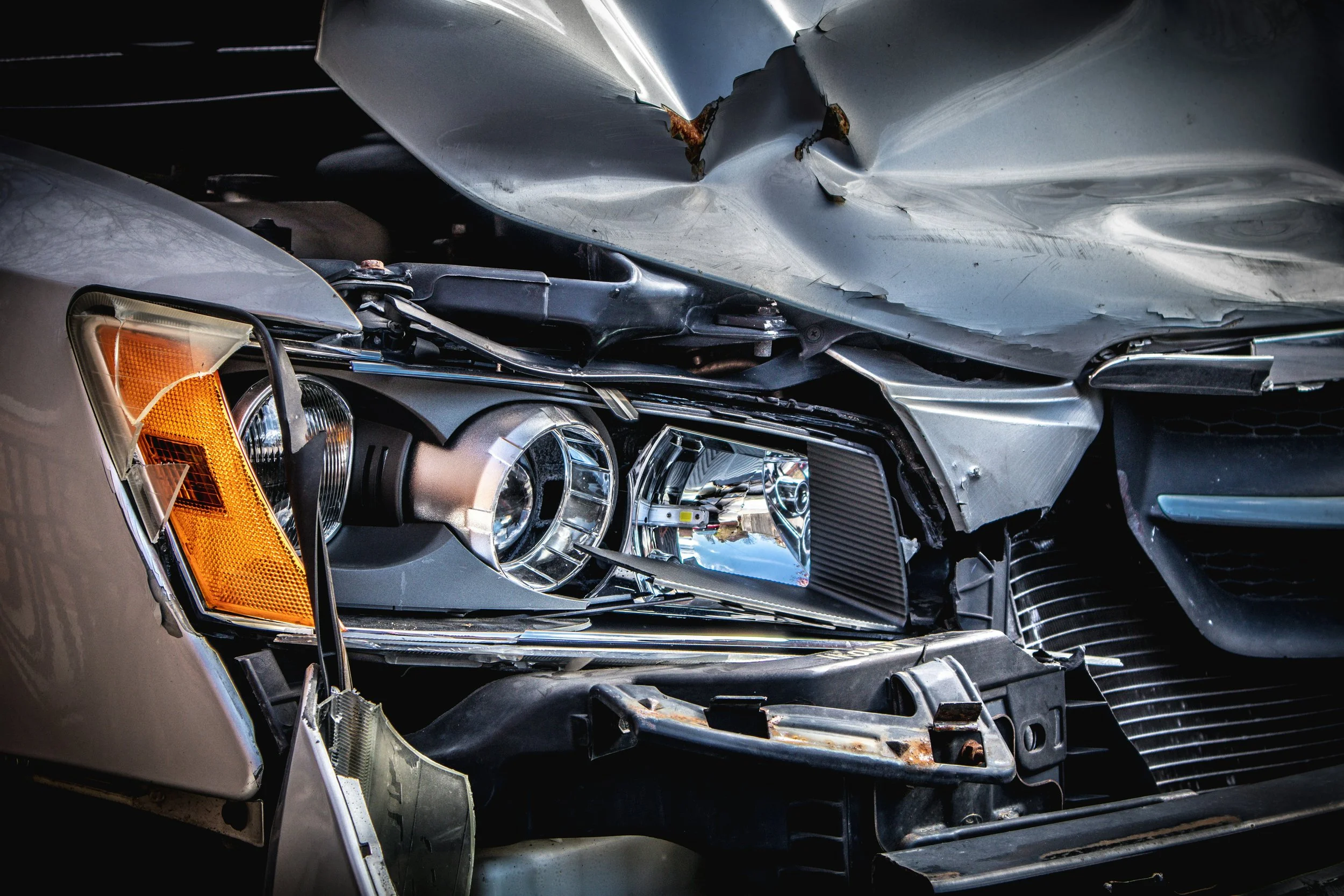Under the Wave at Waimea

Portents
“The unexpected happens—a comic or odd blindside,” Sharkey was saying to Olive, “and at the time you smile. Then afterward you understand that events give off power. The vibes affect you. And when you see that they were warnings and omens you get the shudders, like coming off a big wave you’d ridden mindlessly and you think, ‘Man, I could have died.’”
Staring at him as if he were someone approaching her on a sidewalk, as though trying to decide if he was a man she knew, Olive said simply, in a small, certain voice, “But it was the bloke on the push-bike that died.”
“It’s all pau,” Sharkey said.
She still stared at him, wondering at the word, meaning “done,” and waiting for more.
“I should have seen it coming,” he said. He smiled to think that he hadn’t paid attention to the portents. He’d been tapped on the shoulder but he hadn’t turned around. “I ignored the warnings. It cost me.”
“Cost that poor bloke his life, you mean.” Her disbelief was concentrated in her squinting tone.
“Totally freaked me out,” Sharkey said, looking away.
“What are you talking about?” Yes, she thought, he seemed like a stranger, one speaking in a different language, a foreigner, oblivious, half deaf. So, trying to make him understand, she spoke as though to a child.
He did not have words to describe to her how he felt—that after the accident his life seemed to stall, to falter and then to skip backward. And that he seemed to separate from himself and become a bystander to his own life, watching without comprehension but amazed that he was offered this perspective, as his own shadow. The experience was pleasantly bewildering, because there was no threat. It is not dangerous to be your own double, he thought. But it was illogical, like a dream, full of absurdities, vaguely shameful. He watched like a passive onlooker as this deepening stillness took hold, sinking to a tedium he found restful, especially after the hallucinatory suddenness of the accident. That crash had been a seismic sucker punch, like a reef rising up to knock him from his board and hammer the board apart.
Now inert, dull-minded, becalmed, and enlarged by the tedium, the way indolent people grow fat—but the fatness was in his head—he recalled a slow succession of awkward incidents. Though strange, they had seemed fairly normal by Hawaii standards. The North Shore, he liked to think, was the edge of the known world, the absolute limit: beyond it was unreadable ocean, strange lands.
But after the accident these little episodes seemed to have the weight and meaning of portents. None had occurred on the water—water was his element; all had happened on land, many of them after he’d just come ashore.
“You want a ride?”
It was as though—he imagined—he’d been singled out, and someone, or some sentient force, had been speaking to him; and he hadn’t paid attention. Had he listened, heeding the warnings, there might have been no accident. There would have been no revelation for him, and no story, nothing to tell. If he’d been alert and known the implications, his life would have been undisturbed and remained the fiction he contrived to make it.
An accident is a surprise, unanticipated, a happenstance. But this, he now saw, had been foretold, because there was a meaning in all events and it is their accumulation that gives them form and meaning and makes them readable. It was not a single thing, it was many, and they made a pattern that sprawled and became logical and had a meaning.
He now knew exactly when it had all begun—the day, the time, the place. He had been driving from the post office at Waialua a few minutes past four o’clock on a Friday—the office had just closed for the day—and he’d seen a woman at the bus stop near the playground at the Waialua Elementary School. She’d been conspicuous, burdened by a large black bag. She was attractive at a distance, and when she signaled to him, he slowed down to look. Up close, she was fleshy, with greeny-gray eyes and a sensuality in her direct gaze, seeming to challenge him, not only with her eyes but with her full lips, even her posture, leaning at him. She was alone.
She had gestured to him with a tennis racket. That was to him her distinguishing feature. Without the tennis racket she was a brooding dusky woman, heavy for her height, standing by the road. With the racket in her hand, she was a tennis player, probably with a powerful forehand, heading home after a match at the school’s courts. And that was another thing—her being so near the school, an hour after the end of classes, suggested she was a teacher.
She was wearing a floppy-brimmed hat and white tennis shoes and loosely fitting shorts, and her black bag was full—of what? He could not see. But his calculations gave him confidence; even as he was slowing down he had decided who she was—a teacher; how she’d spent the past hour or so—playing tennis; that her car was at the garage — why else would she be at the bus stop? Sharkey believed himself to be a shrewd judge of people; a surfer who traveled widely had to be insightful in sizing up strangers, because a surfer, naked on a foreign beach, could so easily be preyed upon—the boys with rusty spears who had assaulted him on a shore in New Guinea were just one instance.
He raked at the clutter on the passenger seat—his hat, his keys, a water bottle, a pair of pliers, a damp towel—and tossed them into the backseat as he drew up and slowed beside the woman.
“You want a ride?”
Without a word—pressing her lips together in effort—she fumbled with her bulgy bag and the tennis racket and pulled the door open. She got in, seating herself heavily, then snatching the door shut hard enough to rattle the window, looking too fussed and preoccupied to reply.
Starting away, Sharkey said, “Where are you headed?”
The woman grunted and, lifting her free hand, pointed into the windshield.
“I’m going to Hale‘iwa,” Sharkey said.
Instead of responding, the woman sat back, resting her bag on her fat knees and placing her tennis racket on the bag.
“Playing some tennis?” Sharkey asked, and glanced at her.
The woman scowled, lowering her head, and Sharkey saw that she had pitted cheeks, a smudge of dust on her chin, and her thumb, curled on the tennis racket, was dirty, the nail tip black. Her shorts too were not clean, with a stain like a rime mark of an old spill that had dried. And now he remembered like an afterimage from the bus stop that her tennis shoes were ragged and unlaced.
But the tennis racket was new and well strung, and she clung to it like a prestige object. It was this that gave her plausibility, even authority, though she remained silent—and at first her wordlessness helped her, the way a silent person can seem assertive, making us jabber. But Sharkey was less sure now. He had seen her dirty thumb, her bad skin, the stain on her shorts, and something else, a thin high whine of stink that might have been hers but could also have been a hum from Waialua Creek, which they were passing.
“Because if it’s not Hale‘iwa”—he needed to get this straight—“I’m not going farther than the community center.”
She said nothing—no whole words—but a gasp of impatience like an unformed word was audible to him, and when he looked again at her for meaning he saw she was moving her lips, mouthing words. Her lips were cracked, dead and peeling skin on their fullness.
“Do you understand what I’m saying to you?”
The woman made a sudden noise, a honk of objection, the sort of sound a startled duck might utter. Hearing it, Sharkey became anxious. Then he knew, or was almost sure, she was in the grip of a drug. He knew drugs. She was toasted and mute, with the obvious slowness and density of someone under the influence, grunting and obtuse and vague, less like a drunk than like someone who’d been clubbed on the head. And she’d probably slept in those clothes.
As he was passing the side road to town she honked again and made as though to grab the steering wheel.
“No!” he shouted, and pushed her arm away, shoving the tennis racket. He repeated it, fiercely, but the woman hardly reacted—she hugged her bag and repositioned the racket.
The tennis racket! It conferred respectability, suggested health and sportsmanship; and yet now he was sure she didn’t play, she was merely fumbling with it, she must have stolen it—what a fool he’d been. But he didn’t laugh, because he knew that someone drugged was someone dangerous, capable of anything, grabbing the steering wheel and sending him into a tree, howling at him, accusing him of—what?
“Give me money,” she said — her first words.
He said, “I’m giving you a free ride.”
“Money,” she said, licking her cracked lips with a gray tongue.
“No money,” he said, and became more watchful, fearing she’d use the racket on him, or yank at his shirt with her dirty hands.
“Give five dollars.”
He wanted her out of the car; his heart was beating fast. She seemed to swell in her seat. He prepared himself for her lunging at him, chopping at him with the racket, and he raised his right elbow to ward off any attempt she might make.
“And now I’m going to drop you off,” he said, approaching the community center, glad that no one was in front of it to witness what might be a tantrum.
“No,” she said, and used her tennis racket to point down the road.
“Please get out of my car.” He took a deep breath. “I’m being righteous—pono—you get it, lady?”
“No.”
“Get out!”
“Five dollars,” she said. “No.”
“Give money.”
Sharkey reached across and lifted the latch and pushed the door open, and still his elbow was raised to fend off any objection she might make.
“Fucken’ howlie.”
She batted at his arm with the tennis racket, but so feebly he snatched it from her and threw it past her into the gutter, facing her, daring her. He waited for her to use her hands on him, but she reached for her bag, tugged at one handle, and opened it—and he could that it was crammed with filthy rags and greasy scraps of paper, a tangled mimicry of possessions. She gripped the bag and hoisted it, hitching herself forward on the seat and sliding out of the car. Before Sharkey could pull the door shut she bowed as though in respect to thank him and spat at him casually, without force, leaving a gob of slime on the doorframe and a gleam of spittle on her chin.
“Go home, bugga, back to mainland,” she muttered. “You weevil fucken howlie.”
“You’re zorched, lady!”
Sharkey was breathing hard as he drove away, telling himself that it could have been worse, that she could have physically attacked him while he was driving and caused an accident. And when his head cleared he laughed, thinking how before he’d seen her clearly the only feature of her that had caught his eye was her tennis racket. And he laughed at “weevil” too.
That might have been a portent—she was witchlike enough—and was that party another, where he had met that arrogant boy? The boy who had no idea who Sharkey was, had stood up straight, the better to be seen among the surfers and hangers-on. He was so sure of himself, so confident of his ability to take any wave, the others saying, “He da weenah!” although the room was full of bowlegged and leathery old surfers who’d been riding waves long before that boy had been born.
The boy garlanded with leis seemed to imagine that he gave off a glow—of youth, of virility, of success and sunshine—and heads were turned toward him, his mass of blond curls and blue eyes. He was as yet too young to be tattooed. But for him no one else in the room mattered. He was new to attention but already so used to it that he expected it, believing he deserved it, and would have been puzzled if anyone else in the room had been praised.
Sharkey was fascinated. Something about that callow kid, he thought to himself—he couldn’t take his eyes off him. What was it? A tug of recognition, someone he vaguely knew, a way of standing—his posture, a resemblance to . . . who? Sharkey watched, nagged by not knowing why he was watching, but perhaps in the way a man stares at a much younger and beautiful woman who he knows is indifferent to him, who he will never see again—a glimpse of the unattainable, a black pearl the size of an acorn in a velvet box in a jeweler’s window.
He had gone away smiling, thinking, That boy has no idea of the disappointments that lie ahead of him. He believes that he can ride any wave he wants, entice any woman with a nod, find any surf break in the world. And why, Sharkey thought, am I so rueful? He knew him. I was that boy.
Adapted from UNDER THE WAVE AT WAIMEA by Paul Theroux. Copyright © 2021 by Paul Theroux.
Used by permission of Houghton Mifflin Harcourt. All rights reserved.
Banner image by Jordi Bartolome. Author image by Steve McCurry.
Paul Theroux is the author of many highly acclaimed works of fiction and nonfiction, including The Great Railway Bazaar (1975), The Mosquito Coast (1981) Riding the Iron Rooster (1983), and Mr. Bones: Twenty Stories (2014).
In 2015, Paul Theroux was awarded a Royal Medal from the Royal Geographical Society for “the encouragement of geographical discovery through travel writing.” This award, approved by the Queen, is the highest award attainable for a traveler, and Theroux joins the ranks of recipients including Sir Edmund Hillary, Admiral Richard Byrd and Dr. Thor Heyerdahl. His other awards include the American Academy and Institute of Arts & Letters Award for literature; the Whitbread Prize for his novel, Picture Palace; and the James Tait Black Award for The Mosquito Coast, which is now a drama series on Apple TV+.





